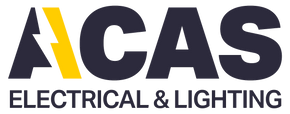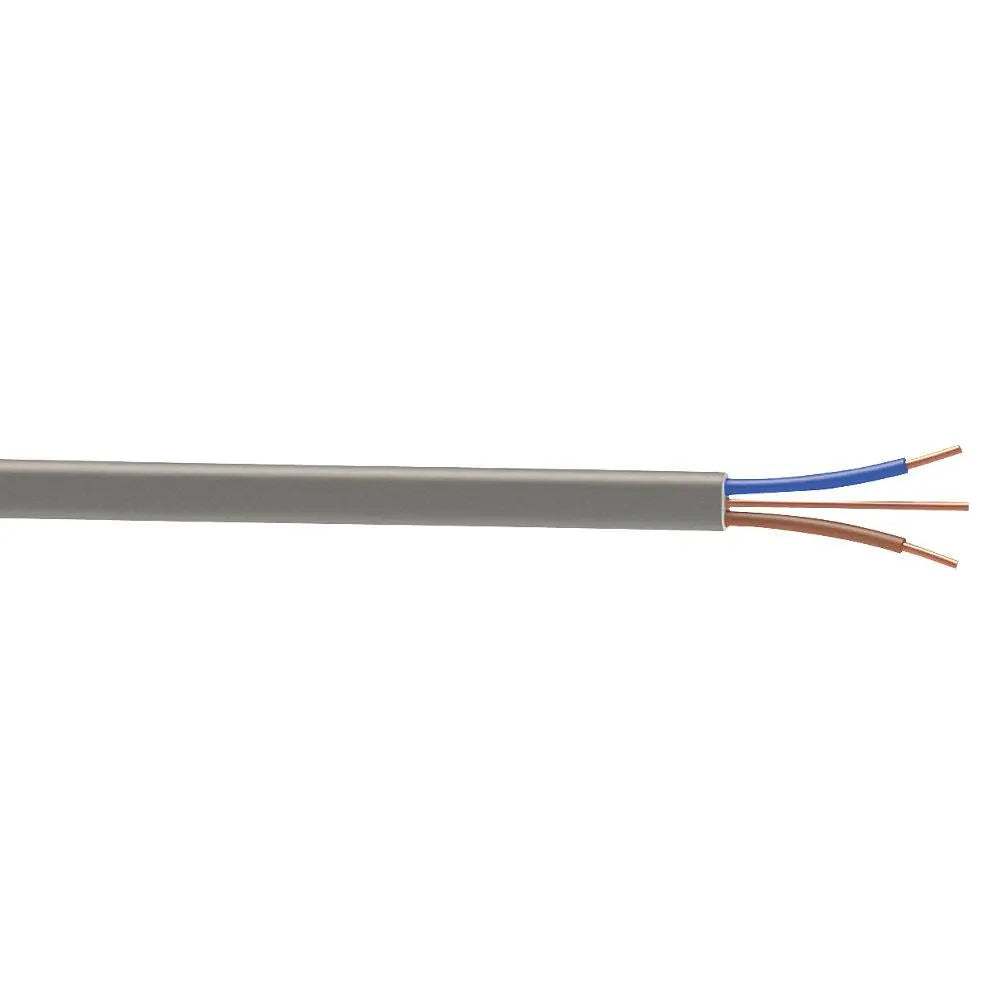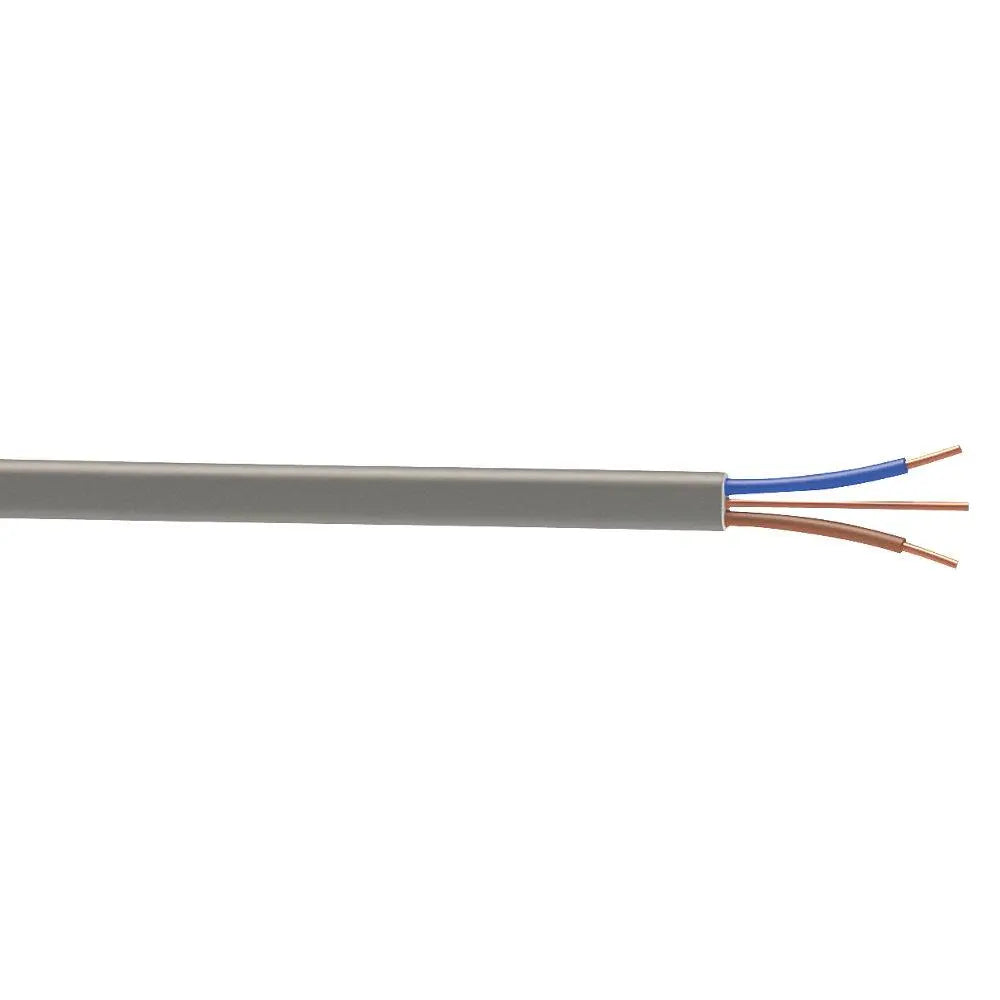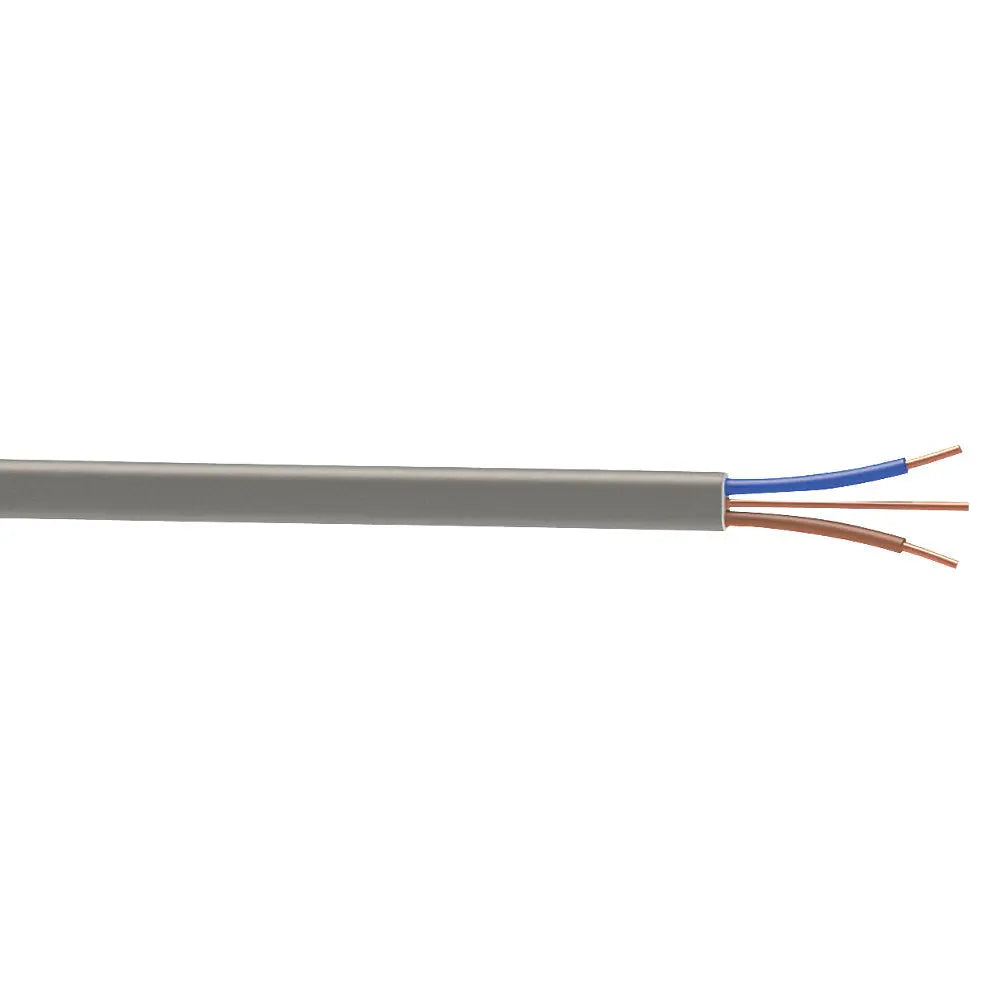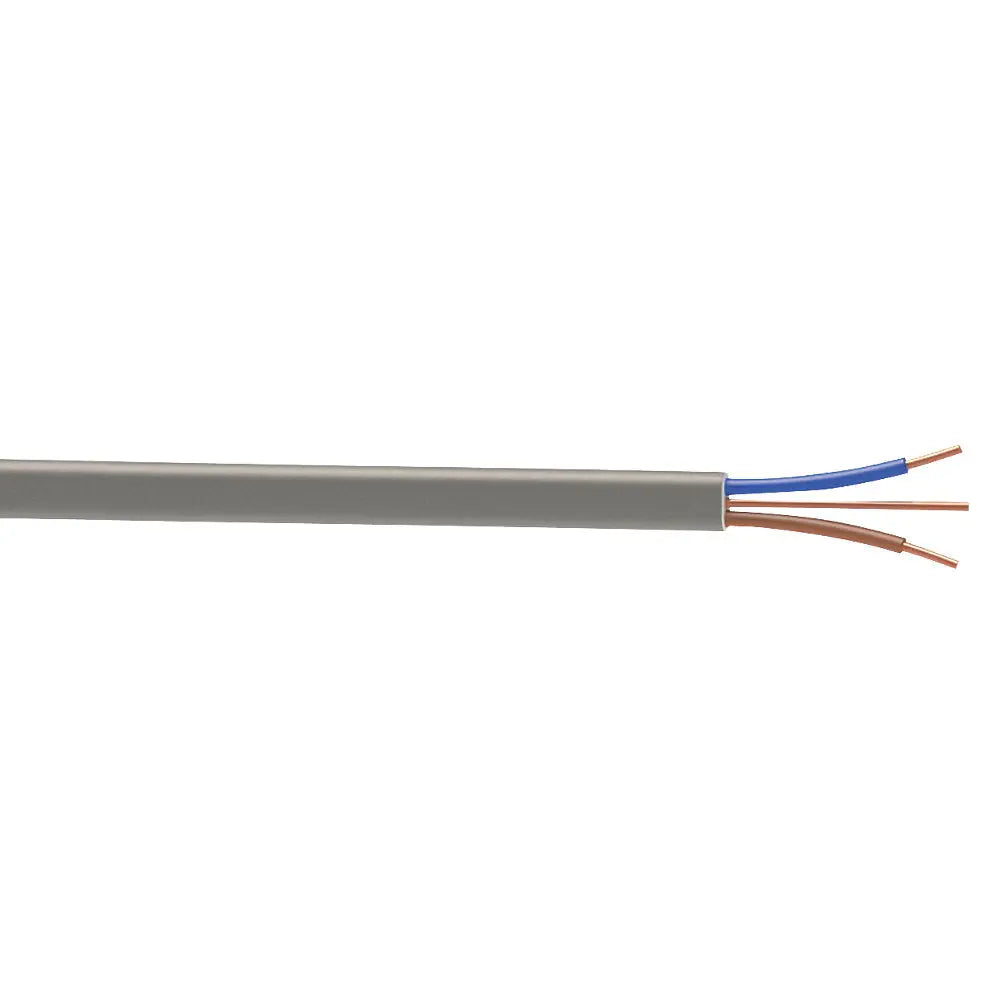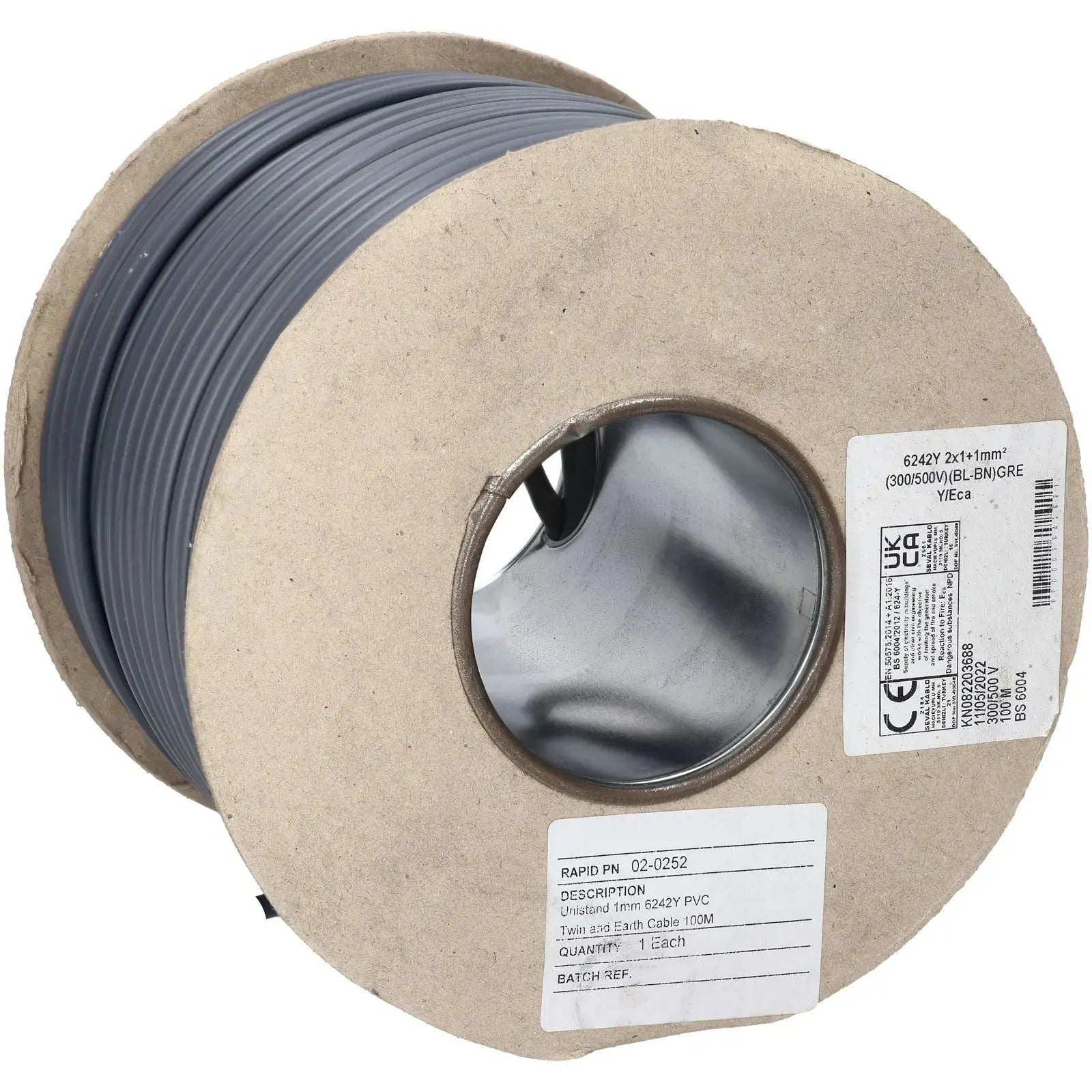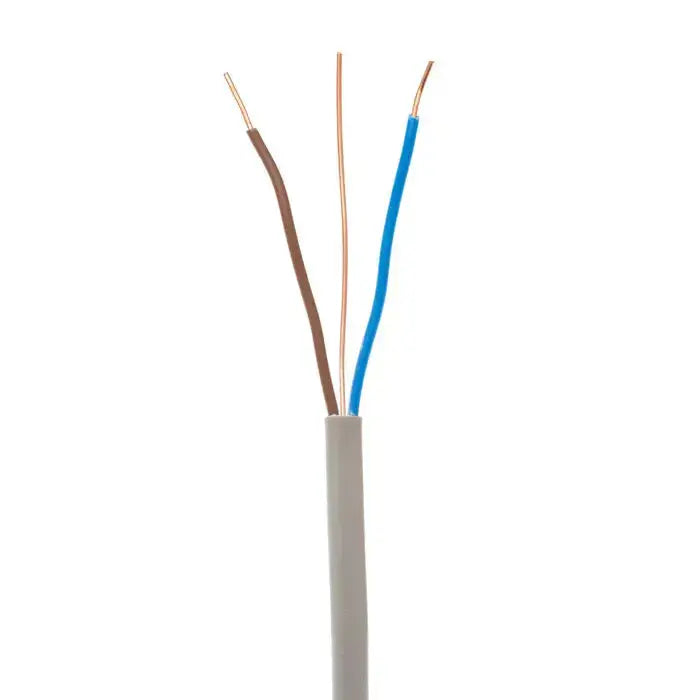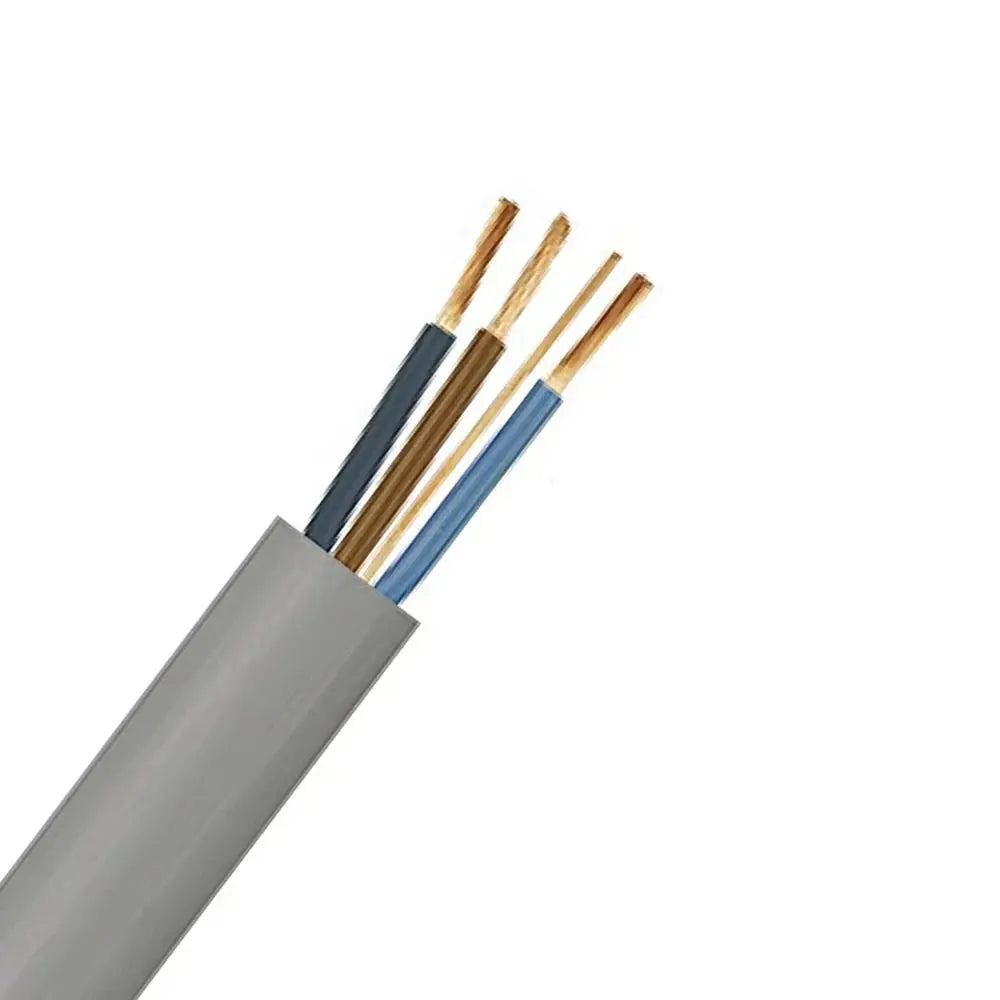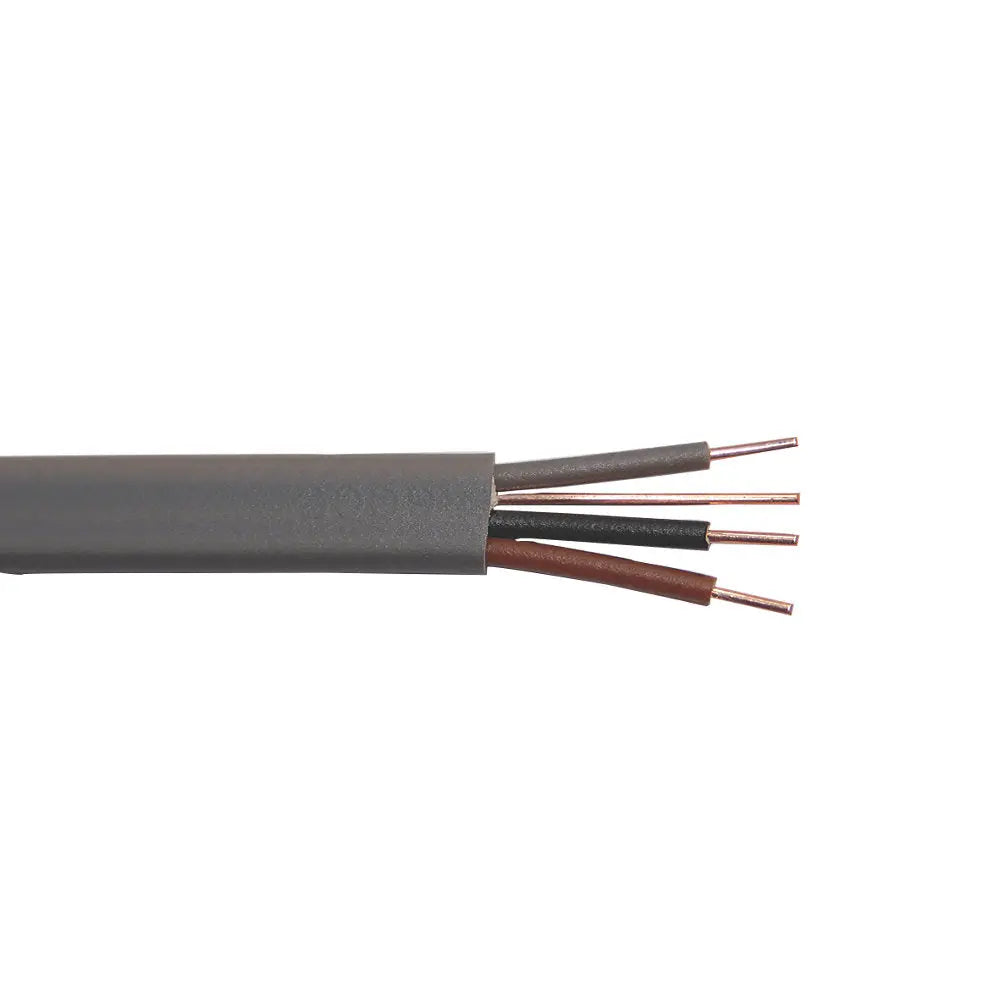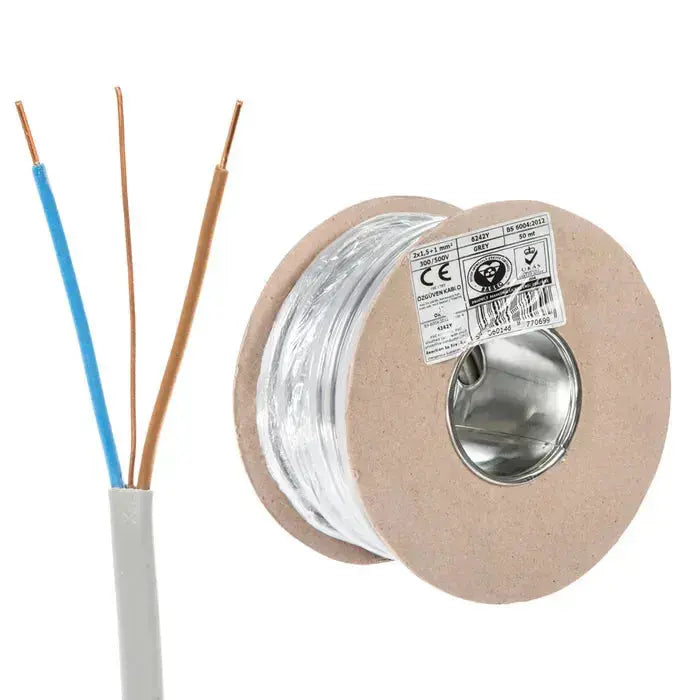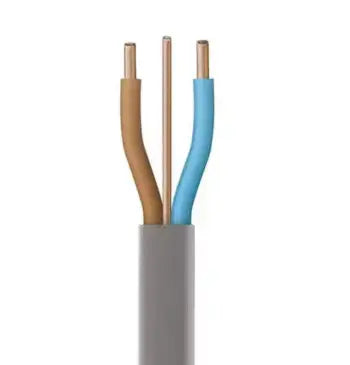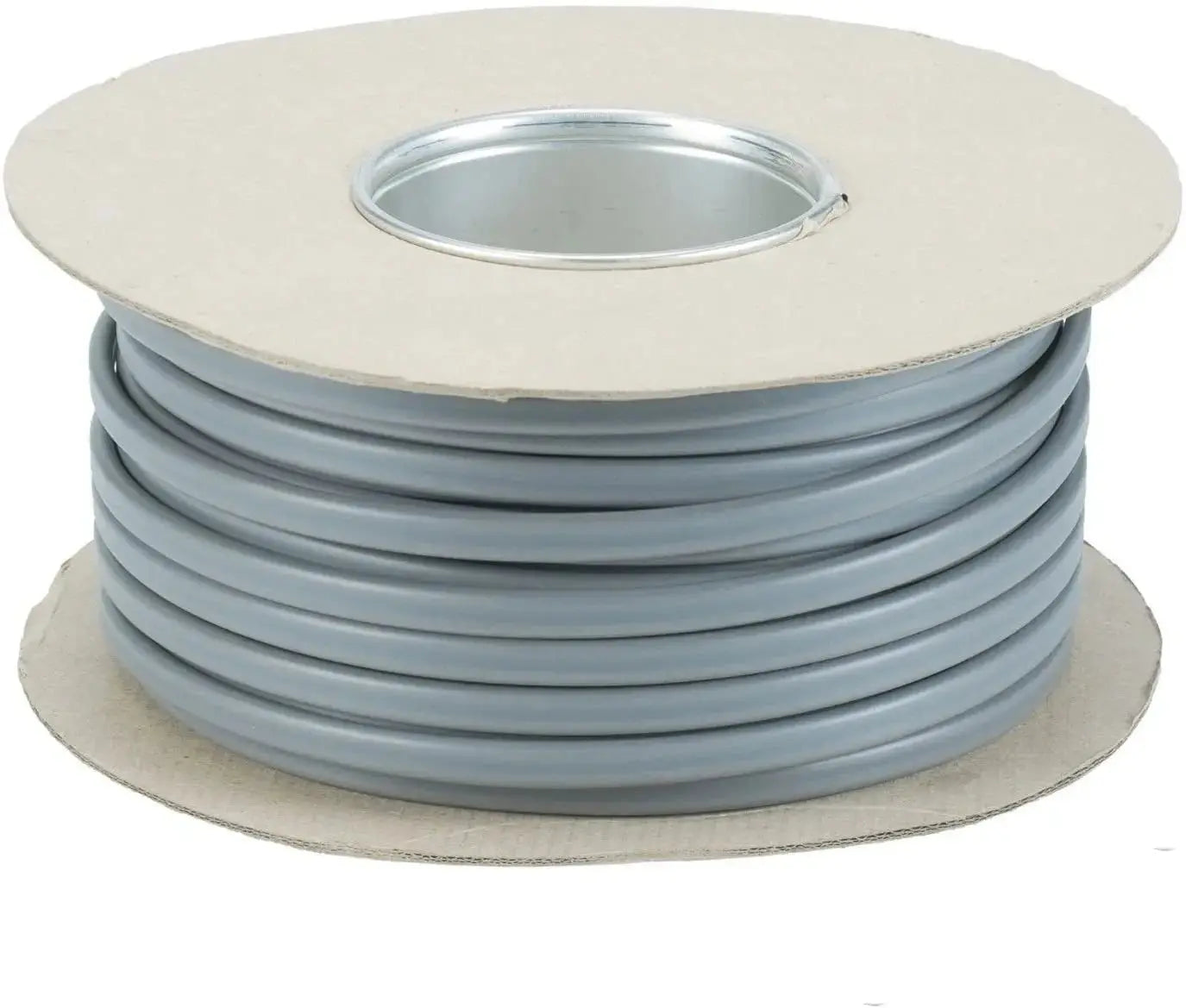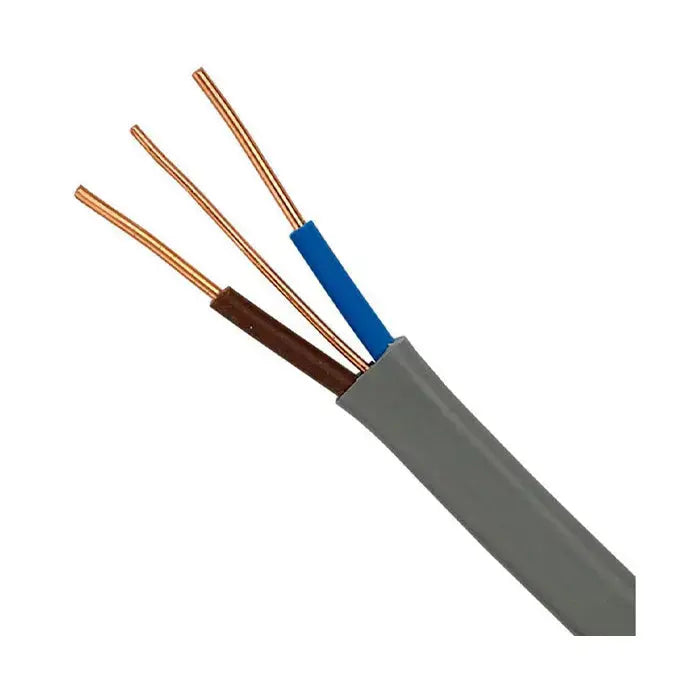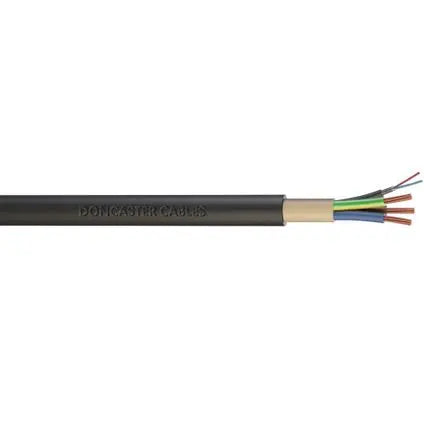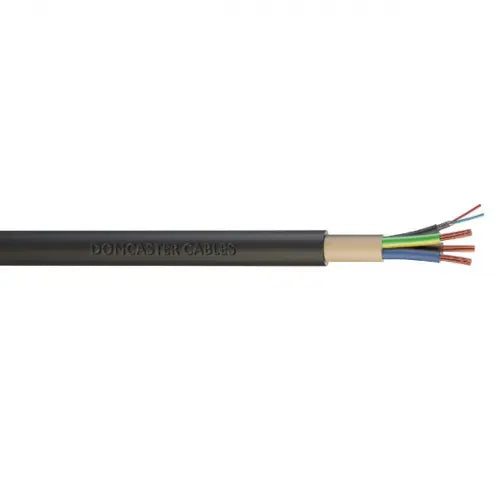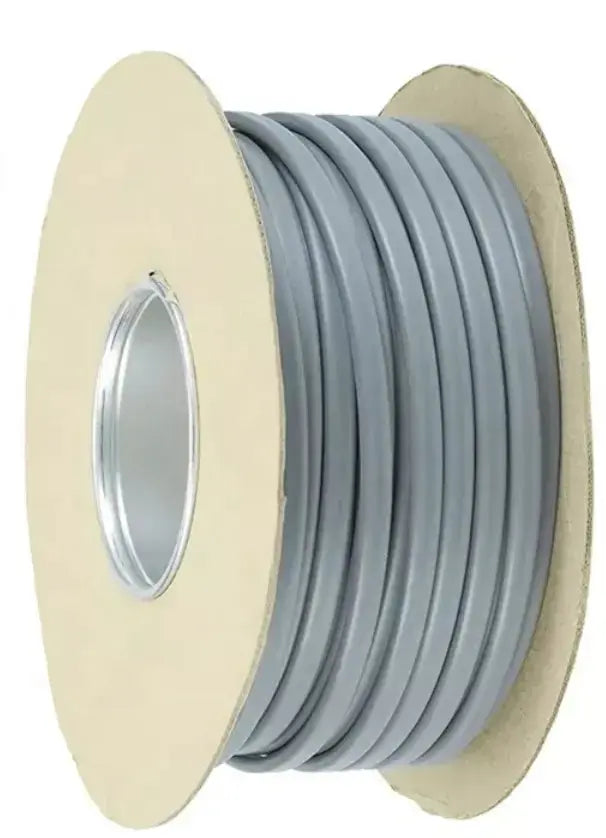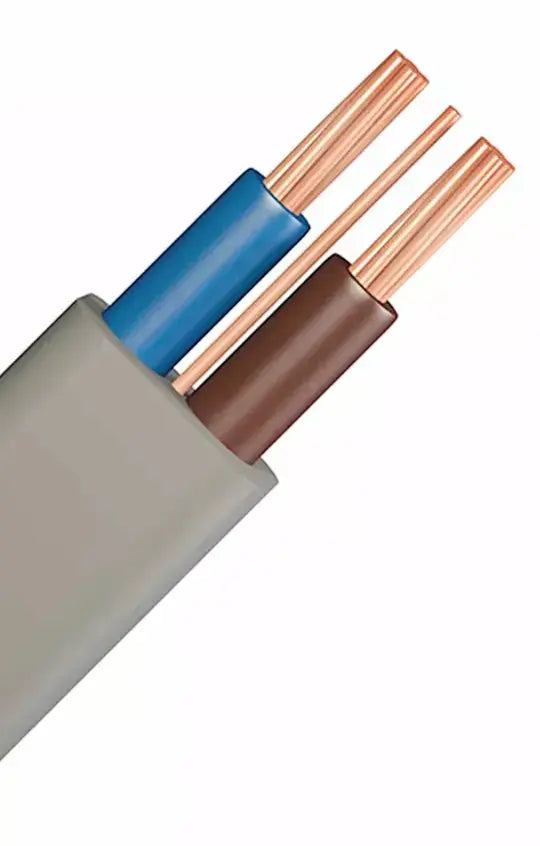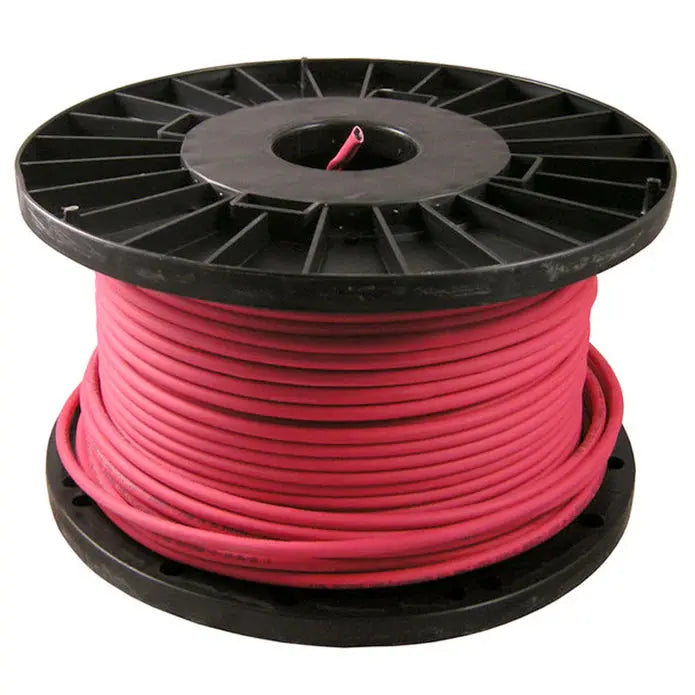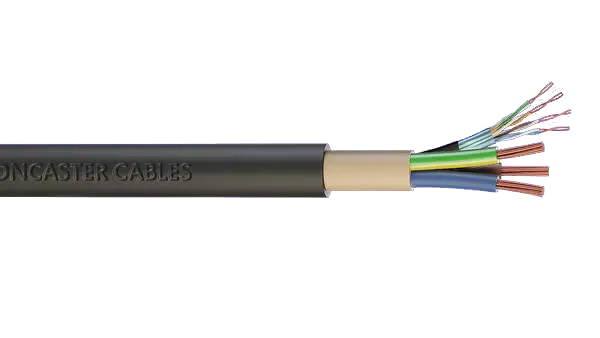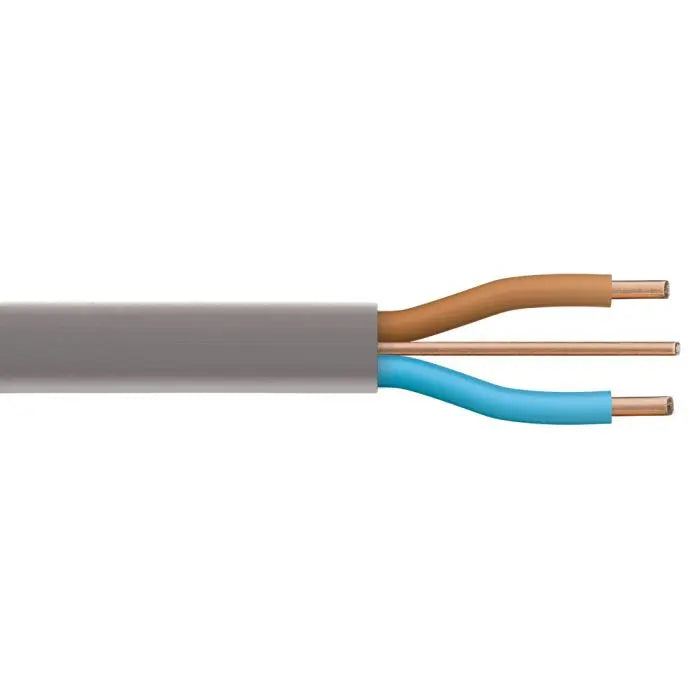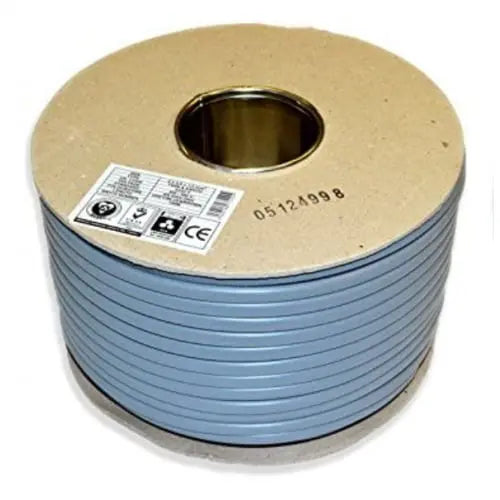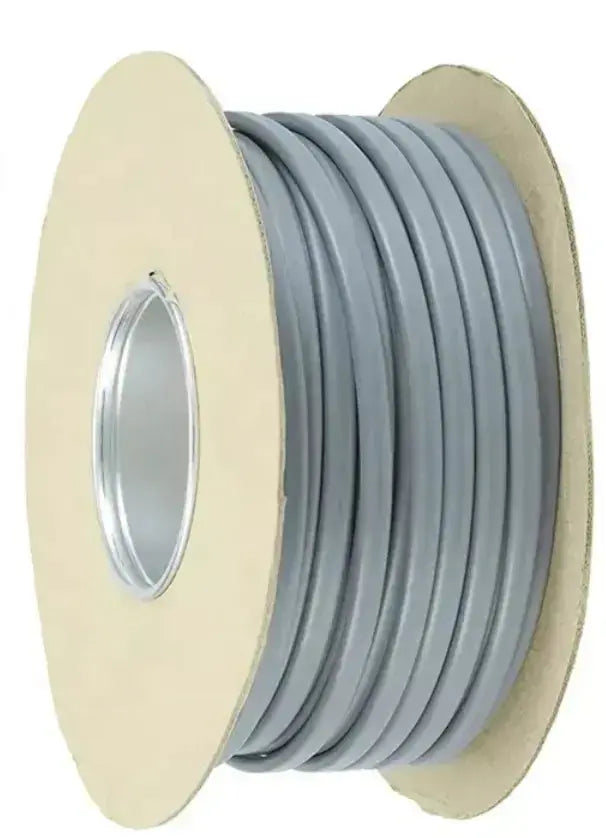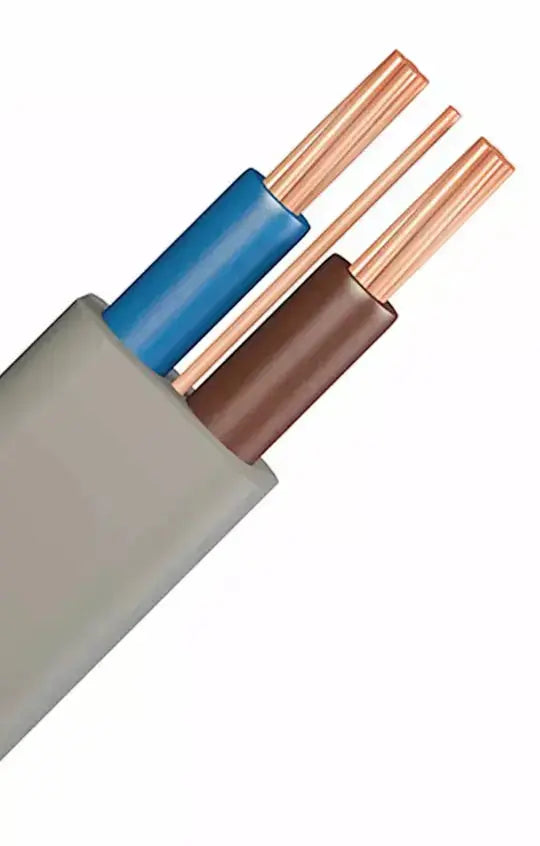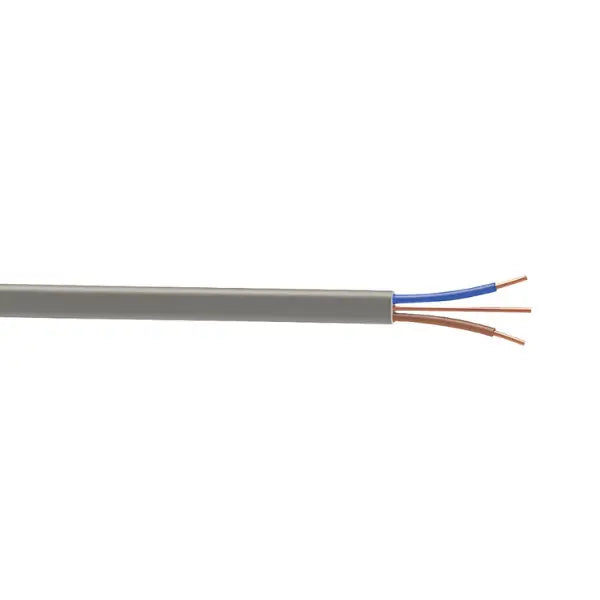
Understanding Electrical Cable Types
Browse our full range of high-quality electrical cables, trusted by electricians, contractors, and DIY enthusiasts alike. Whether you're working on domestic installations or large-scale commercial projects, we stock a wide selection to meet every requirement.
Our collection includes:
-
Twin & Earth Cable in 1.0mm, 1.5mm, and 2.5mm – ideal for lighting and socket circuits.
-
SWA (Steel Wire Armoured) Cable – robust and weather-resistant for outdoor and underground installations.
-
Single Core Cable in 0.4mm, 1.0mm, and more – perfect for internal wiring and control panels.
All our cables meet UK standards and are available in various lengths to suit your needs. Whether you're rewiring a home or managing a new build, you'll find dependable, competitively priced cable right here.
What is Electrical Cable?
Electrical cables are essential components for any electrical installation. They carry electricity from one point to another and ensure the system operates effectively. There are various types of electrical cables, including Twin & Earth, Steel Wired Armoured (SWA), and single core. Each type serves a unique purpose based on installation needs. Understanding these differences helps you choose the right electrical cable for your project.
Twin & Earth Cables Explained
Twin & Earth cables are the most common type used in fixed wiring systems, especially for domestic applications. These cables consist of two insulated conductors and an uninsulated earth wire. They are relatively easy to install and provide good protection against electrical hazards. However, it's essential to ensure they are used in suitable environments to maximize their efficiency in protecting electrical circuits.
The Advantages of SWA Cables
Steel Wiring Armoured (SWA) cables offer robust protection for electrical wiring, making them ideal for external applications or areas prone to damage. The steel armor provides mechanical protection against impacts and moisture, therefore, making SWA cables suitable for use underground or in industrial settings. They may be more expensive than alternatives, but the durability they offer makes them a worthy investment for long-term applications.
